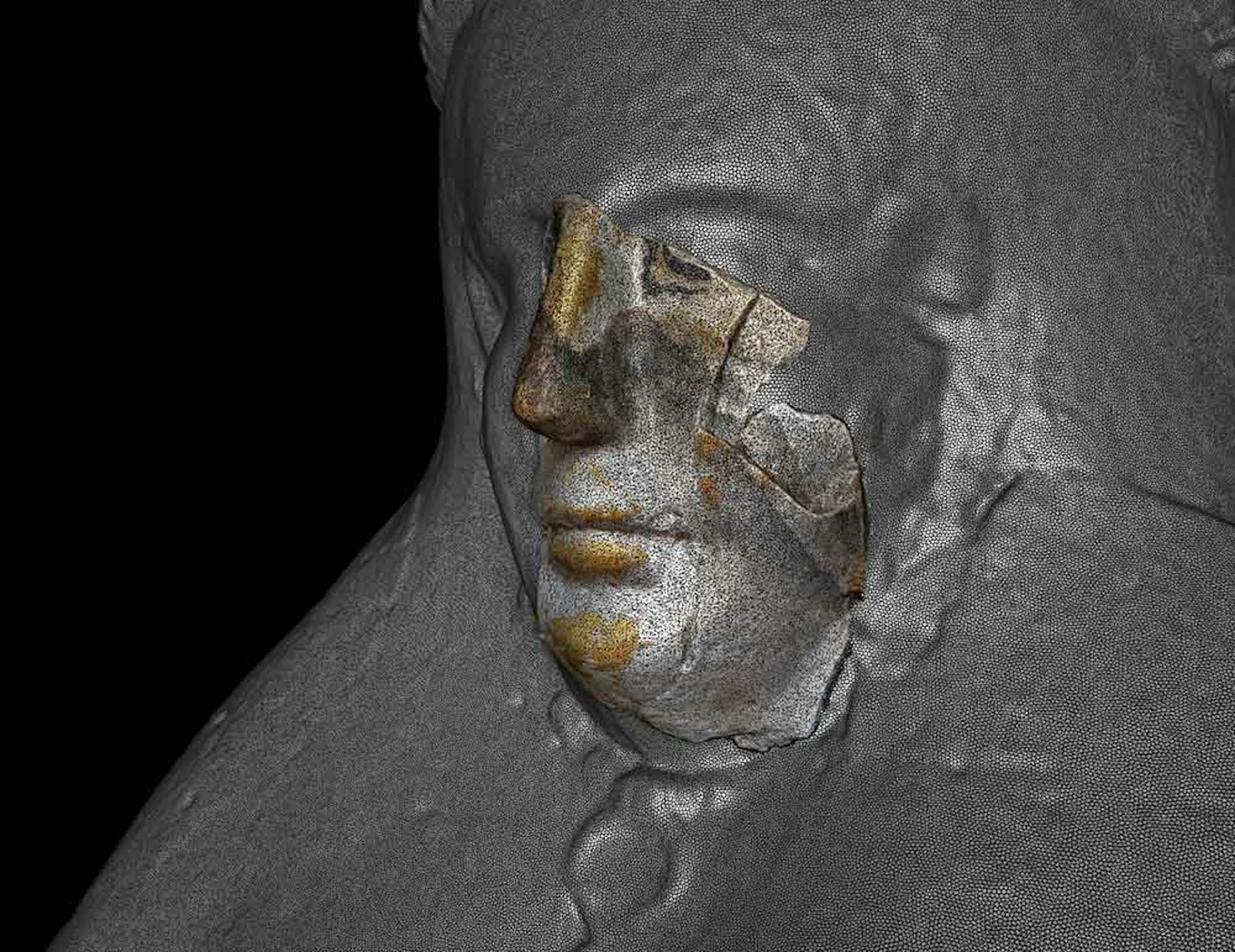Anosmia, the loss of smell caused by COVID-19, doesn't always go away quickly – but smell training m
An expert in olfaction explains the effects of long-term smell loss, the subtle role the sense plays in our lives and resources for those affected.

Editor’s note: Julie Walsh-Messinger is a clinical psychologist who studies the effects of long-term smell loss. Her research has focused on smell loss in people with serious and persistent mental illnesses, but since the beginning of the coronavirus pandemic, she has also studied smell loss caused by COVID-19. In this interview, she talks about how COVID-19 can affect your sense of smell, the effects of long-term smell loss and resources that can help.
How does COVID-19 disrupt the sense of smell?
COVID-19 is not the only virus that affects our ability to smell, but it’s unique in the way in which it does so. For example, the common cold causes an inflammatory response in the nose, and that builds up mucus which reduces your ability to smell, making it a muted sense.
What’s unique about COVID-19 is that it actually is not nasal congestion or that nasal inflammatory response that is causing the smell loss. The virus actually crosses the blood-brain barrier and gets into the nervous system. It affects the nervous system and the neural connections that are necessary to detect odor and interpret it.
How is this affecting people over the long term?
COVID-19 affects the nervous system and sometimes results in profound loss or a complete inability to smell. Some people recover their ability to smell within a few days or weeks, but for some people it’s been going on for much longer. Scientists are still not sure how many people lose their ability to smell completely, a condition known as anosmia.
This is really taking its toll on the people who have not had their sense of smell, sometimes for months, or even upwards of almost a year at this point. It can have real consequences. For example, if you can’t smell smoke, you are relying on a smoke detector to tell you there’s a fire. It is also affecting quality of life. Food doesn’t taste good anymore because how you perceive taste is really a combination of smell, taste and even the sense of touch. Some people are reporting weight loss due to loss of appetite, and they’re just not able to take pleasure in the things that they’ve previously found pleasurable.
What are some functions of our sense of smell that we don’t often think about?
Our sense of smell is really important for daily functions. There’s research that suggests that our sense of smell can influence our attraction to certain people unconsciously. It’s one of the ways in which we select mates who are less genetically similar to us, which can be an advantage for reproduction. It can also help us detect fear in others, which is important for survival.
It is a sense that subtly drives a lot of the decisions that we make on a daily basis but are not consciously aware of.
What are some resources for people who are affected by anosmia?
There are resources available to people who have smell and taste loss, though some of these aren’t just COVID-19 related. The Global Consortium for Chemosensory Research is a group of scientists who came together very quickly in the spring of 2020 to study the effects of smell and taste loss. You can participate in our research so we can learn more about what’s causing this and how to deal with it. There are links to many other resources on the site.
There are also people and organizations doing smell training. Smell training is essentially smelling the same odors over and over so that you can retrain your body’s ability to detect and identify that odor. We are optimistic that the sense of smell will come back for some of the people who lose their sense of smell for several months. One of the groups that is involved in smell training is the nonprofit Abscent. It wasn’t set up specifically for COVID-19 patients but has been a pioneer in smell training.
Julie Walsh-Messinger does not work for, consult, own shares in or receive funding from any company or organisation that would benefit from this article, and has disclosed no relevant affiliations beyond their academic appointment.
Read These Next
How a largely forgotten Supreme Court case can help prevent an executive branch takeover of federal
An FBI raid on a Georgia elections facility has sparked concern about Trump administration interference…
Do special election results spell doom for Republicans in 2026?
Special election results have anticipated recent midterm outcomes. With Democrats now overperforming,…
3D scanning and shape analysis help archaeologists connect objects across space and time to recover
Digital tools allow archaeologists to identify similarities between fragments and artifacts and potentially…






